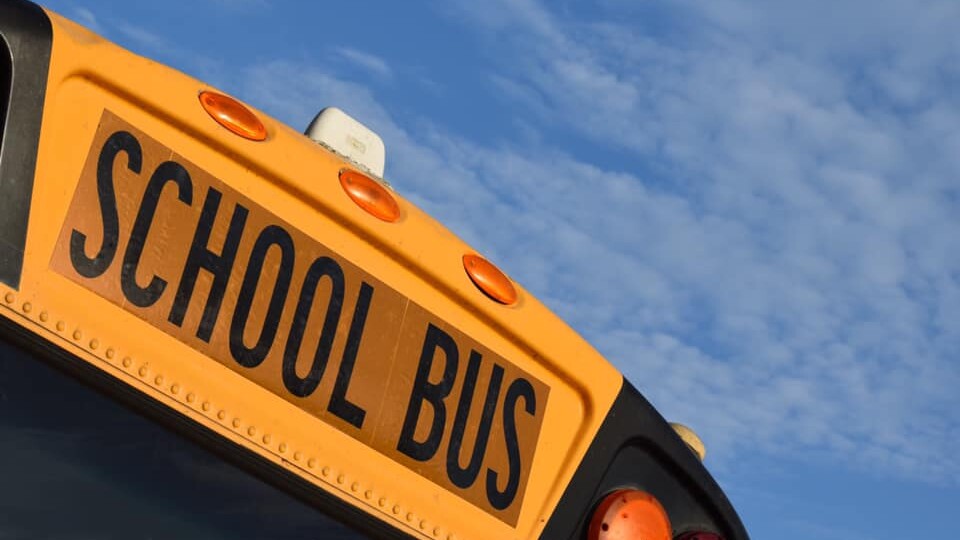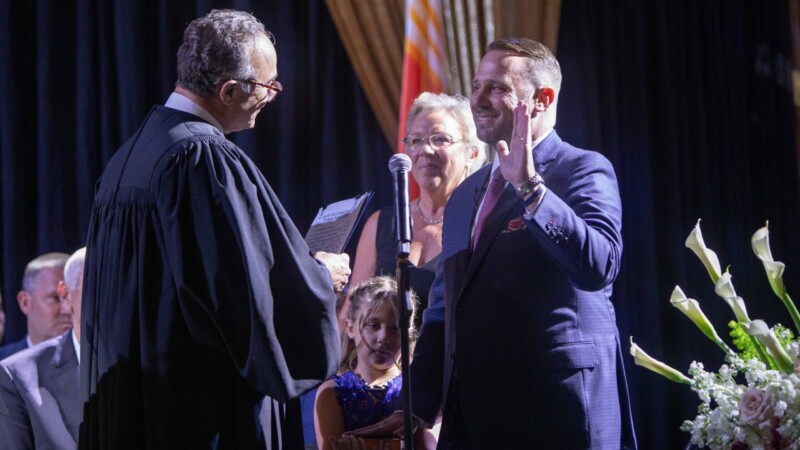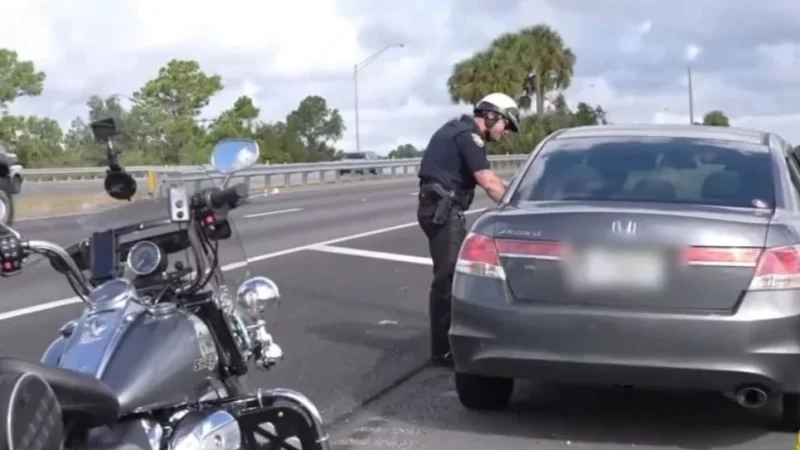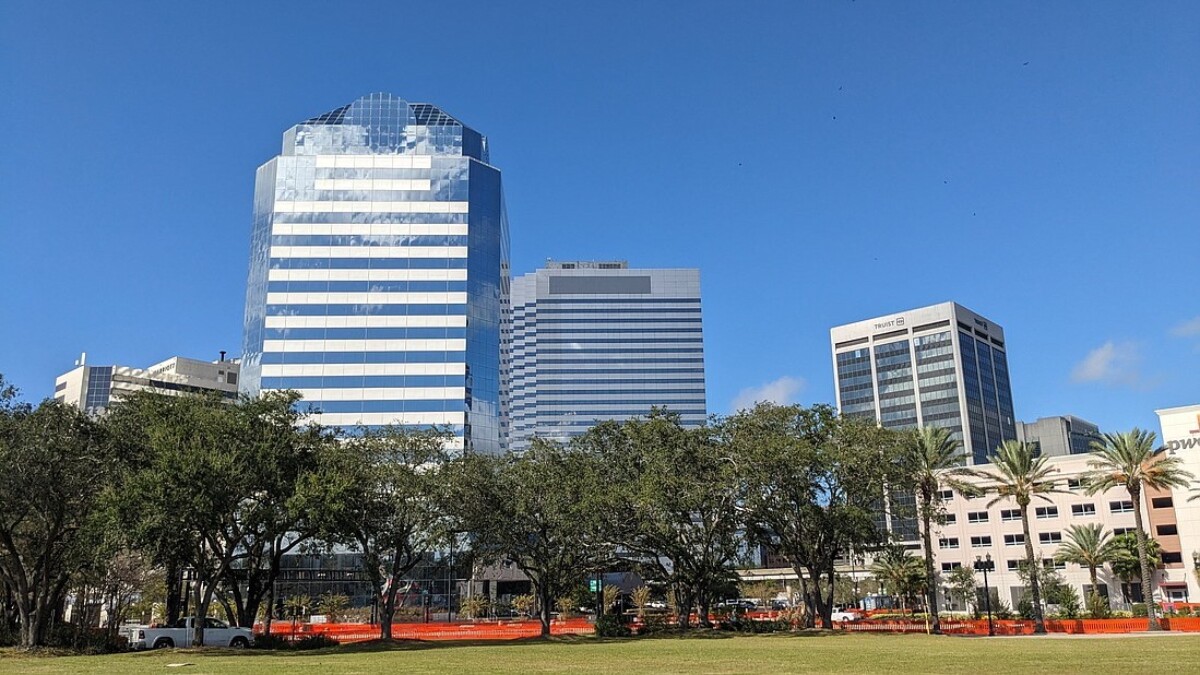A legislative bill would allow muncipalities to apply to convert public schools within city boundaries into charters.
The bill (HB 109) adds municipalities to the list of groups and entities allowed to submit an application to convert a traditional public school into a charter.
Current state law reserves that ability to district school boards, principals, teachers, parents and/or the school advisory council.
The decision must also have the support of a majority of teachers employed at the school. A majority of parents must participate in the vote as well and at least 50% of the voters must show support (a majority of the majority).
However, the proposal, in addition to granting municipalities the ability to initiate the conversion process, takes away the need for teacher approval.
Damaris Allen, executive director of the nonprofit Families for Strong Public Schools, said the bill is stripping away local control for a decision that could have “devastating ripple effects” for communities and families.
“I would argue that changing a public school in a community is a significant change,” Allen said. “It should require buy-in from parents and, in my opinion, community members, especially those who have kids on the trajectory to attend the schools.”
Allen pointed out that charter schools are not required, like traditional public schools, to accept all local students who enroll.
“One of the beauties of public schools is that all students are welcome and able to attend,” Allen said, “which means that those students who are rejected from this charter school would have to end up at another public school.”
But the bill, if passed, could put public schools in more jeopardy, she said. The bill’s language states that municipalities can submit a single application for conversion for any or all schools within the city’s boundaries.
“Kids could potentially lose the ability to attend their neighborhood school,” Allen said.
Rep. Alex Andrade, R-Pensacola, the bill’s sponsor, said during a subcommittee meeting that the bill simply gives cities an opportunity to “participate in the conversion process.”
Out of the 726 charter schools in the state, 23 are conversion charter schools — or were once traditional public schools turned into charters — according to a bill analysis.
Allen said she’s not sure why the bill is being proposed — if the sponsor is trying to solve a local issue through state law — but said the change could have unintended consequences for school districts and families across the state.
For example, a family could purchase a home with the intention of sending their child to a certain school, Allen said. Changing the school could affect property values too.
“Because great schools means that’s it’s a competitive real estate market,” Allen said.
Another portion of the bill requires that school districts that have declining enrollment of more than 1% for two consecutive years, offer vacant buildings to charter schools. And, if the charter school does not need the property in six months, then it must be offered as affordable housing.
While there is a need for affordable housing, Allen questioned if the legislation makes sense for every community: “What if it isn’t the best place? Is that what the community needs at that time?”
The bill so far has cleared The House Choice and Innovation Subcommittee along party lines and was referred to two others. A similar measure is being considered in the Senate.
Charter school enrollment has been on the rise and continued to grow after the pandemic even as traditional public schools saw their enrollment lag.
While charter schools must be established by a nonprofit organization, a for-profit company can manage the school. In Florida, more than 50% of charter schools are run by for-profit companies, according to a 2023 report from Network for Public Education.
9(MDEwNzczMDA2MDEzNTg3ODA1MTAzZjYxNg004))







